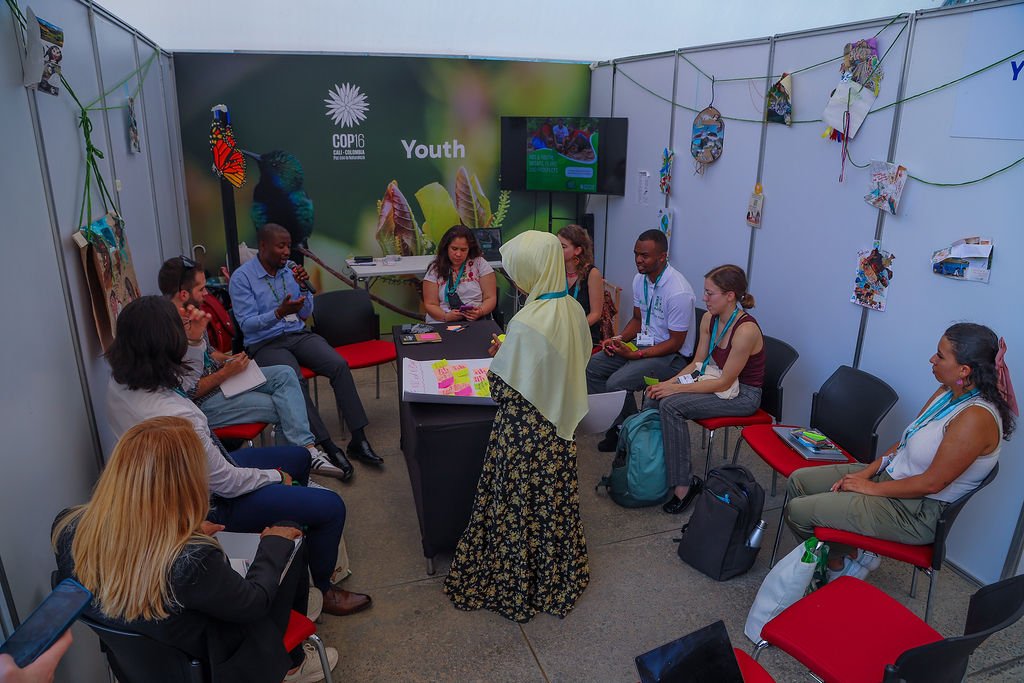Art + Activism
Youth4Nature recently introduced the use of art as a unique and particularly accessible form of storytelling, one which can transcend language barriers and draw others to empathize with the storyteller. We believe that art is a powerful tool in improving individual mental and emotional well-being, a powerful tool for activism and the dissemination of important messages, and a strong part of the identity of a culture.













